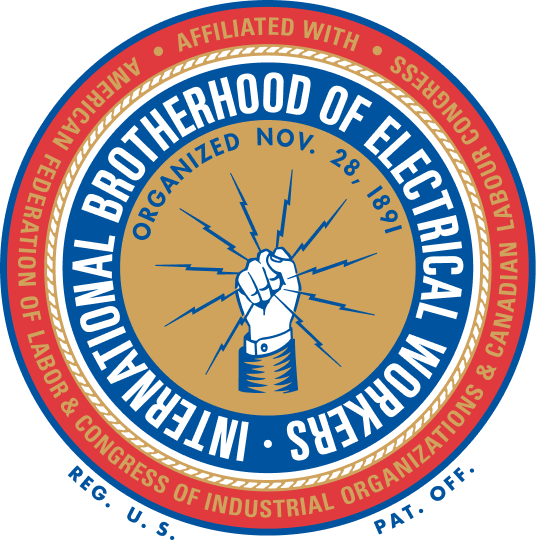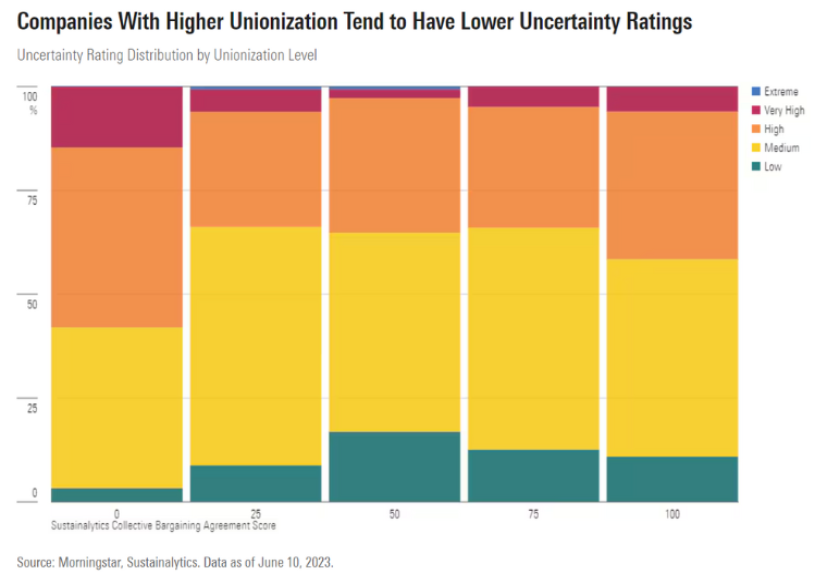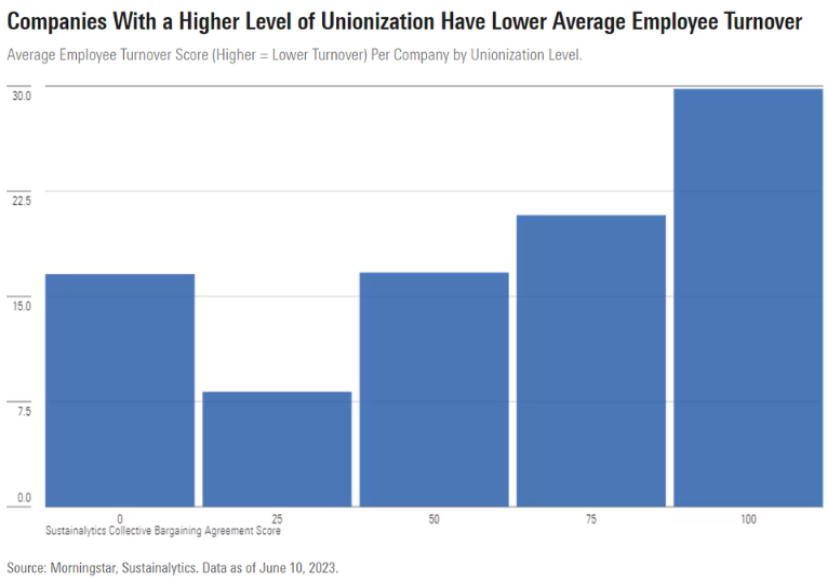
watch our members on the job
6 Videos


3:50
7:57

9:31
7:24

2:47
How can the IBEW Help you reach your company goals?
Efficiency
Efficiency
It has been shown that when a company and union work together the increased engagement leads to better and more efficient processes and workflows.
Engagement
Engagement
Unionized employers benefit from improved communication between employees and management, as employees are actively engaged and empowered to pursue and achieve company goals.
Competitive

Competitive
HR professionals report that unions can help management implement high performance work practices, which is key to a company’s ongoing competitiveness.
Productivity
Productivity
Union-provided training programs equip employees with advanced skills, enabling them to increase their output and contribute more effectively to organizational goals. A well-organized and motivated workforce leads to fewer operational disruptions, allowing companies to maintain high levels of productivity.
Retention

Retention
An efficient, safe, and engaged employee is less likely to leave a company, fostering institutional knowledge and and long-term employee loyalty, contributing to better company culture and sustained growth.
Resilience

Resilience
Companies that foster partnerships with their employees enjoy higher engagement, reduced turnover, and more efficient processes. This collaborative culture enables them to adapt to operational changes and overcome market volatility.
Safety

Safety
A safe workplace not only reduces direct costs (such as workers’ compensation) but also increases employee confidence and productivity.
Resources

Resources
The IBEW has dedicated teams of business development and workforce development staff that operate on a national stage. Their function is to bridge gaps, find resources, and cultivate strategic partnerships to meet project demands in construction and manufacturing.
Members Strong
0
local unions worldwide
0
+
years and counting
0

“I have worked with unions before in a manufacturing environment and the IBEW is one the best unions I ever worked with. While we may not always agree we are working towards a common goal!“
Sherry Stone, Director of HR, Delta Star















